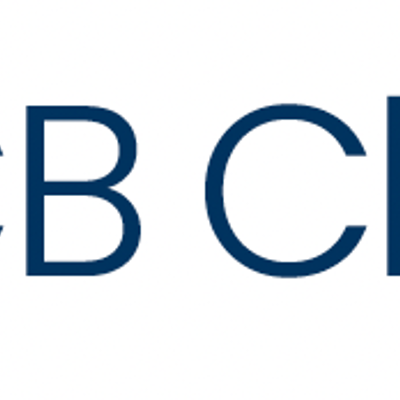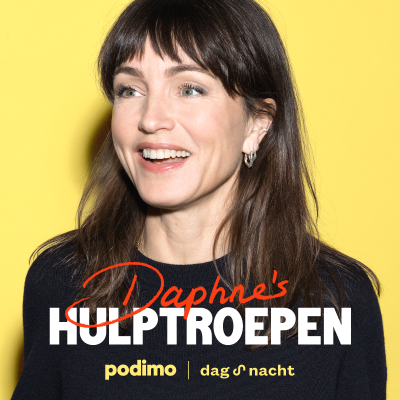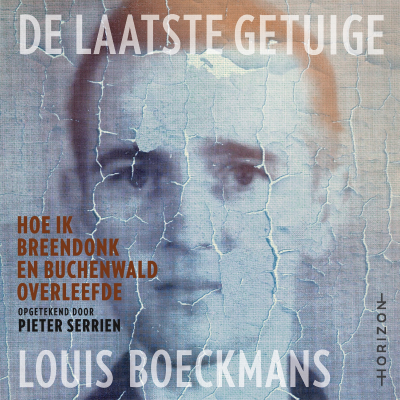
PCB Chat
Engels
Technologie en Wetenschap
Tijdelijke aanbieding
2 maanden voor € 1
Daarna € 9,99 / maandElk moment opzegbaar.
- 20 uur luisterboeken / maand
- Podcasts die je alleen op Podimo hoort
- Gratis podcasts
Over PCB Chat
Recorded conversations and interviews on electronics design and manufacturing with the editors of PCD&F/Circuits Assembly, brought to you by the Printed Circuit Engineering Association (PCEA)
Alle afleveringen
349 afleveringenPCB Chat 151: Scott Bright of Cadstrom IO
Scott Bright is co-founder and COO of Cadstrom IO [https://www.cadstrom.io/], a new company that is coming up with tools for resolving some of the engineering problems that designers and engineers are encountering daily. Bright has more than 35 years of technology and management experience, including three years at IoT company Jiva, where he was CEO, and 13 at the engineering firm Synapse, which he co-founded and was CEO. Bright has designed hardware from back of the envelope sketch to high volume manufacturing for everything from commercial to the highest-reliability applications. As a career hardware developer, he understands the software problems endemic to product development. He discusses Cadstrom's new platform for catching errors the ERC flow misses with Andy Shaughnessy and Mike Buetow of PCEA.
RM 185: How Accuracy & Force Compliance Contribute to Better Quality & Reliability, with Michael Sivigny
In electronics manufacturing, defects don’t usually announce themselves. They happen in milliseconds, far faster than human perception, and often long before anyone realizes a process has drifted out of control. By the time failures show up in test, inspection, or worse, in the field, the root cause may be buried deep inside machine behavior that no one thought to question. When machines are assumed to be accurate instead of proven to be accurate, and when force is set but not verified, hidden variation creeps in. That variation can translate directly into cracked components, misalignment, latent damage, and long-term reliability risk. Michael Sivigny is SMT productivity & profit strategist and owner and general manager CeTaQ Americas, a company that has spent decades doing what most factories don’t, objectively measuring machine performance under real production conditions. Sivigny's work has repeatedly shown that even well-maintained, recently serviced equipment can operate outside of specification, quietly generating defects at high speed. In this conversation, we’ll dig into how accuracy validation and force measurement expose problems traditional troubleshooting misses, why OEM calibration alone is no longer enough for today’s miniaturized electronics, and how statistically sound measurement practices improve not only yield and uptime, but long-term product reliability. If you believe reliability starts long before functional test, this is a conversation you won’t want to miss.
PCB Chat 150: Wally Rhines on the Latest ECAD Market Data
Wally Rhines the spokesperson for the ESD Alliance, part of Semiconductor Equipment and Materials International. He joins Mike Buetow each quarter to share details from the latest ESD Alliance report on sales of computer-aided engineering tools, semiconductor tools, PCB design software, related IP and services, and employment. We discuss: * The latest PCB/MCB design tool market data * The 19-quarter streak of year-over-year gains (can it continue?) * The massive spike in Asia sales * The remarkable resilience of the Americas in maintaining ECAD market share * The employment growth -- will everyone eventually work in ECAD?
RM 184: Advances in Dispensing Automation and Thermal Management with PVA’s Jon Urquhart
Jon Urquhart is director of global applications engineering at Precision Valve and Automation — one of the world’s leading developers of dispensing, coating, and industrial motion-automation systems. Since joining PVA in 1993, Urquhart has become widely recognized for his expertise in fluid material processing, precision dispensing, and the engineering-to-manufacturing handoff that so often makes or breaks product reliability. Urquhart holds multiple patents and has helped shape advanced processes used in industries where the stakes couldn’t be higher — from aerospace and EV battery systems to semiconductor packaging, medical devices, and high-density electronics assembly. His work spans everything from protective coatings that safeguard electronics in extreme environments, to next-generation thermal interface material (TIM) deposition, to automation strategies that reduce human error, improve consistency, and dramatically scale production. He joins Mike Konrad to discuss the real-world challenges of protecting critical electronics and batteries, the latest advances in TIM materials and deposition, sustainable precision-coating techniques, and the power of a strong collaboration model between vendors, manufacturers, and lab technicians.
PCB Chat 149: Maggie Frachioni on the Evolution of a PCB Designer
Margaret (Maggie) Frachioni is a semiconductor hardware engineer at General Motors, where, armed with a bachelor’s in computer engineering from Rose-Hulman Institute of Technology, she started out college as a software engineer in its automotive test lab. While at GM, she started work toward her master’s at Wayne State University in Detroit. Last year, she was part of the first PCEA Certified Printed Circuit Designer course taught as part of a university curriculum. She speaks with Mike Buetow on her evolving role at GM, her college preparation for electronics engineering, and how the CPCD class altered her career arc from semiconductor methodology to designing and building boards.
Kies je abonnement
Tijdelijke aanbieding
Premium
20 uur aan luisterboeken
Podcasts die je alleen op Podimo hoort
Gratis podcasts
Elk moment opzegbaar
2 maanden voor € 1
Daarna € 9,99 / maand
Premium Plus
Onbeperkt luisterboeken
Podcasts die je alleen op Podimo hoort
Gratis podcasts
Elk moment opzegbaar
Probeer 30 dagen gratis
Daarna € 11,99 / maand
2 maanden voor € 1. Daarna € 9,99 / maand. Elk moment opzegbaar.















































